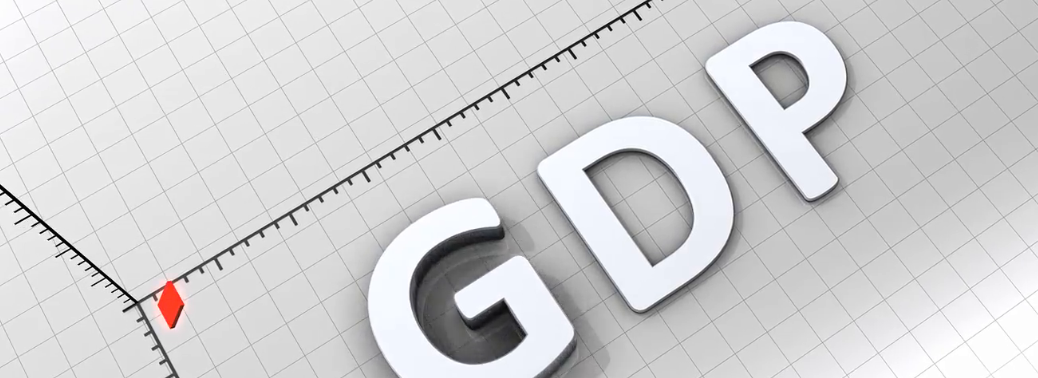Rising GDP not enough to counter sharp rise in CAD
05, Jan 2019

Prelims level : Economy - Trade
Mains level : Indian Economy and issues relating to planning, mobilization, of resources, growth, development and employment.
In News:
- A Reserve Bank of India study has warned that a crude oil price shock will lead to surge in inflation or fiscal deficit or both, depending on how much of the increased prices the fiscal authority decides to pass-through.
Explained:
- According to the RBI’s Mint Street Memo on ‘The impact of crude price shock on India’s current account deficit, inflation and fiscal deficit’, India will remain vulnerable to such shocks due to its high oil import dependence.
- This vulnerability can lead to episodes of sharp increase in current account deficit (CAD) and rising GDP growth would be insufficient to counter it,
- If a crude price shock hits the Indian economy, the CAD to GDP ratio will rise sharply irrespective of a higher GDP growth, and a $10 per barrel increase in oil price will raise the inflation by roughly 49 basis points or increase the fiscal deficit by 43 bps (as a percentage of GDP) if the government decides to absorb the entire oil price shock rather than passing it to the end users
- According to RBI study, every 100 bps increase in petrol price leads to 2.6 bps increase in core CPI index. “Since a $ 10 per barrel increase roughly translates to 1000 bps increase in pump prices (at crude price $65), it could increase core inflation by 26 bps and overall CPI inflation by 12.5 bps (core is 47 percentage of total CPI)
- The impact of an increase in crude prices on fiscal deficit would depend on several factors that include pass-through of international prices to pump prices, excise and custom duty and petroleum subsidy (budgeted around 0.14 of GDP for FY-19)
- So far, the present government has passed on the increase in international crude prices to domestic pump prices. However, going forward, if the government decides to absorb a part of the same, it could have an impact on the budget deficit,
High and low period for Government:
- The tax revenue collection of the governments could get a push due to the petrol price increase as the ad-valorem tax component is likely to increase revenue collection and vice-versa. And petroleum and its products is yet to be brought into the GST net
- The contribution of the petroleum sector to the exchequer went up from Rs 3.34 billion in FY-15 to Rs 5.53 billion in FY-18, at a time when the global crude prices moved south and touched record lows.
- This came primarily from an increase in central excise as global crude prices cooled down in 2014. The revenue of state governments from oil products also went up during this time, but only moderately. The international crude prices increased by around 12 per cent between April and September 2018. The mid-year spike in crude prices happened mainly due to spurt in demand, on the back of global growth revival, and partly due to geopolitical risks that led to supply-side shocks. This increase in crude prices was a big concern for all oil-importing countries, as their terms of trade showed signs of deterioration after a favourable stint since 2014.






